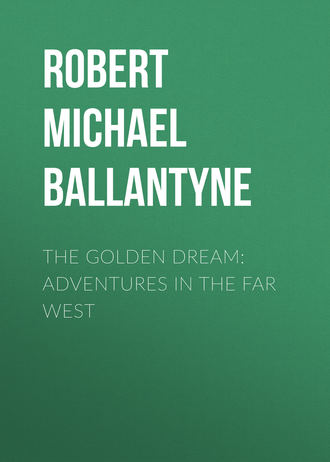The Golden Dream: Adventures in the Far West
 полная версия
полная версияThe Golden Dream: Adventures in the Far West
Жанр: детские приключениязарубежные детские книгизарубежная классиказарубежная старинная литературалитература 19 века
Язык: Английский
Год издания: 2019
Добавлена:
Настройки чтения
Размер шрифта
Высота строк
Поля









